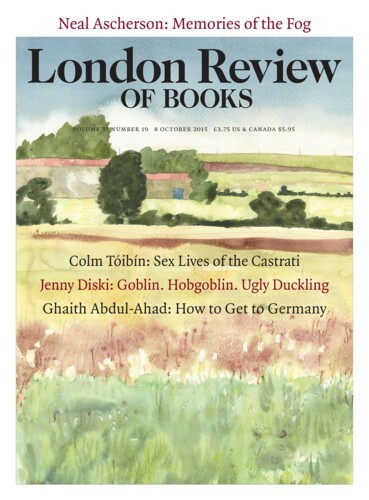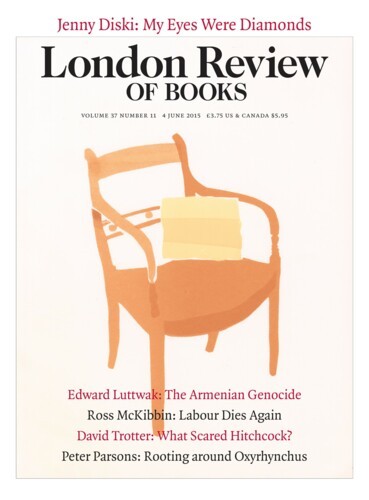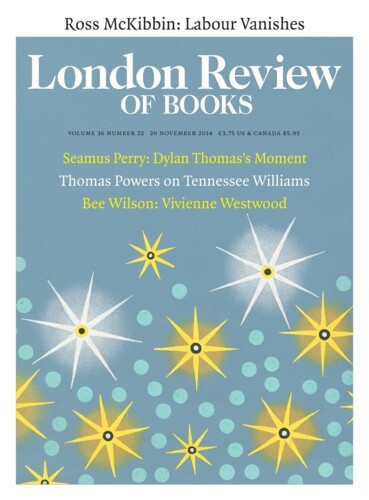Ross McKibbin
Ross McKibbin is an emeritus research fellow at St John’s College, Oxford.
The Anti-Candidate: Jeremy Corbyn
Ross McKibbin, 8 October 2015
It was said of one of Neville Chamberlain’s ministerial appointments that it was the most improbable since Caligula made his horse a consul. Jeremy Corbyn’s election to the leadership of the Labour Party is in the same category. Not that it is a joke; just that it was highly unlikely and almost without precedent in modern British party political history. Corbyn is probably...
Labour dies again
Ross McKibbin, 4 June 2015
As the pollsters retire to their attics to discover what went wrong, we can reflect on this historic election. The share of the total vote won by the two major parties changed only slightly, but Ukip replaces the Lib Dems as the third party by number of votes and the SNP is the third party in the Commons by number of seats and will inherit the Lib Dems’ privileges and its office...
The chancellor's Autumn Statement is as political and obscure as we might expect. A bit of spending here and a bit of cutting there. A tilt at the rich and corporations which, except for the change to stamp duty, won’t do much. The ‘banding’ of stamp duty is a kind of mansion tax which in principle would be desirable, if it didn't mean that the government has yet another reason to ration housing. (More houses means cheaper houses, which means a lower return on stamp duty.)
Labour Vanishes
Ross McKibbin, 20 November 2014
The Labour Party may be the largest party after the next election, and it may even secure a majority, but it could also do very badly. These alternatives show Labour’s decline since the first couple of years of the coalition, when a Labour victory in 2015 was (more or less) confidently predicted. The change is reflected in the party’s mood: in the nerviness, the timidity and the stress-induced gaffes. Ed Miliband has lost authority as he has lost the courage of his convictions. It’s clear that he never had the political self-confidence to impose his authority on the neo-Blairites who surround him.
Pieces about Ross McKibbin in the LRB
Blame Lloyd George: England 1914-51
W.G. Runciman, 27 May 2010
When Oxford University Press commissioned Ross McKibbin to write the volume in the New Oxford History of England covering the years 1918 to 1951, they got more than they bargained for. McKibbin...
Mister Sheppard to you: Classes and Cultures: England 1918-51 by Ross McKibbin
R.W. Johnson, 21 May 1998
Ross McKibbin’s remarkable study of the way the cultures of class shaped English society has, at a stroke, changed the historiographical landscape. One learns more about almost any aspect...
Ross McKibbin and the Rise of Labour
W.G. Runciman, 24 May 1990
In 1984, Ross McKibbin published an article in the English Historical Review called ‘Why was there no Marxism in Great Britain?’ His choice of title was a deliberate invocation of the...
Read anywhere with the London Review of Books app, available now from the App Store for Apple devices, Google Play for Android devices and Amazon for your Kindle Fire.
Sign up to our newsletter
For highlights from the latest issue, our archive and the blog, as well as news, events and exclusive promotions.




